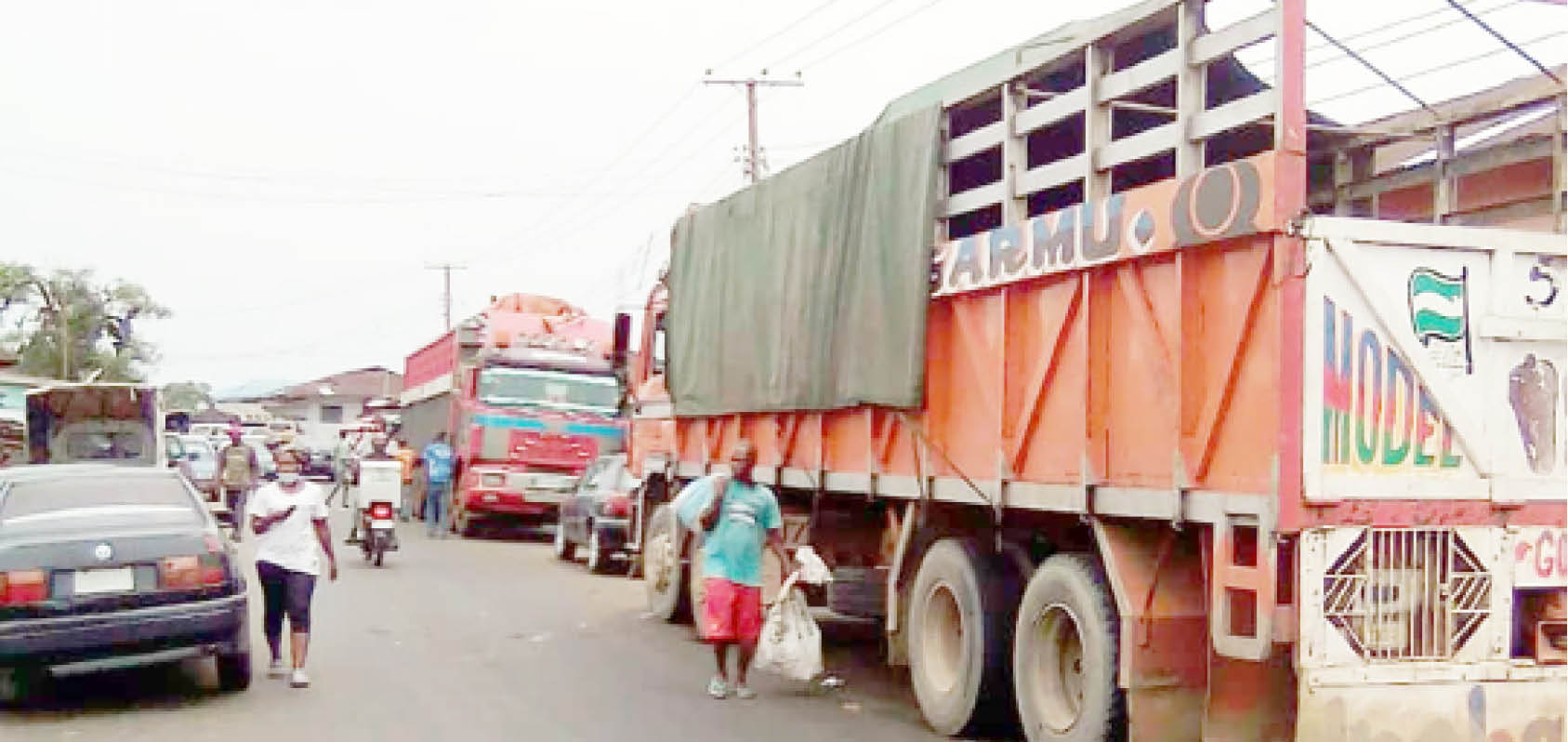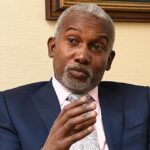Calabar may be a historic and serene Christian cosmopolitan city but it has a growing and healthy population of many non-native settlements from other Nigerian ethnic groups.
The Northern people of the country, including the Hausa, Fulani and Kanuri are well at home in big towns in Cross River State, particularly Calabar.
- Top septuagenarians rocking Nollywood
- Probes: Real reasons heads of MDAs, firms shun N/Assembly summons
They have two big settlements. The one in Calabar South is called Bogobiri; the other which is on the way out of town, is called Nasarawa Town in the Calabar Municipality. Both have their Sarakuna (chiefs).
Bogobiri community occupies a space of more than three Olympic size football fields. It is on both sides of the popular Mary Slessor Road and stretches deeply on both sides.
According to the Secretary of Northern Communities in Cross River State, Alhaji Shaaba Abdullahi, it was originally called Sabon Gari – a place for strangers. But to immortalise the first Northern man named Bogobiri, who first settled there, the name of the community was changed from Sabon Gari to Bogobiri over 60 years ago.
The community is boisterous. People from all parts of Northern Nigeria, Niger, Chad, and Northern Cameroon have found a haven here.

There are well over 350,000 on the average in both settlements. They have lived and conducted their businesses peacefully. A good number of them were born in these places, and might never have travelled back to their ancestral lands.
A good number speak Efik language fluently and are adapting to the local situations.
Mallam Musa Kutama from Kano State, for instance, has spent about 40 years in Calabar. “I came here as a young man and got married here over 20 years ago. All my children were born here and are schooling here. They speak the language whereas I am not fluent. I have taken them to Kano a few times. But they know Calabar better.”
Business
All manners of businesses, lawful ones such as the popular Bureau de Change thrives here as are tailoring shops, barbing salons, Suya arcade, road side eateries, yam and fruit sellers, cobblers.
In another section of Bogobiri community, a whole street has been abandoned for palm oil distributors. They buy, stock, and sell palm oil in large quantities. They most often ‘export’ palm oil in 50-litre Jerrycans using long trailers to the Northern parts of Nigeria.
More than ten of such trailers leave Bogobiri to Kano, Bauchi, Kaduna, and Yobe states on a weekly basis, according to 42-year-old Alhaji Danlami Saleh, managing director of an oil palm distribution firm based in Bogobiri.
Saleh hails from Bauchi State originally but has spent more than 25 years in Bogobiri.
According to him, he has trained over 30 Nigerian youths who are on their way to becoming oil palm entrepreneurs too.
Saleh said he has 30 young people whom he is training and are also involved in buying the fruits from the local farms, processing, loading, offloading, milling etc.
Secretary of the Northern Communities in Calabar, Shaaba Abdullahi, said: “Bogobiri is our home. We have lived here for many decades peaceably. We do not engage in any crimes or attack our hosts. Our hosts love us and share common friendship with us.
“We contribute handsomely to the overall revenues of the state because we constantly pay our taxes and rates to the local and state governments. We encourage ourselves to persist in peaceful conduct of our businesses culminating in the very harmonious relationship with both the state government and the people.”
Reciprocating, Governor Ben Ayade has given political appointments to five Hausa/Fulani persons in his second term.
Barrister Musa Maigoro was the first appointee in Ayade’s first term. He is from Kano. He has been special adviser to Gov Ayade on non-indigenes’ affairs.
“The governor has been very pleased with us as a people perhaps because we have never been associated with any crimes or violence in any parts of the state. Perhaps that accounts for the reason he has expanded our numbers in his cabinet,” Maigoro said.
Bogobiri hardly sleeps in the night. It bubbles round the clock.
Abdullahi said they have their own internal security arrangements that complement the state security agencies, including Operation Apakwu.
There is no difference between Calabar on a Friday and any Northern states when the Muslims in Bogobiri go for Juma’at service. The sheer population of the Muslim brethren usually spills into the Mary Slessor Road where there are two big mosques situating adjacent each other.

 Join Daily Trust WhatsApp Community For Quick Access To News and Happenings Around You.
Join Daily Trust WhatsApp Community For Quick Access To News and Happenings Around You.


